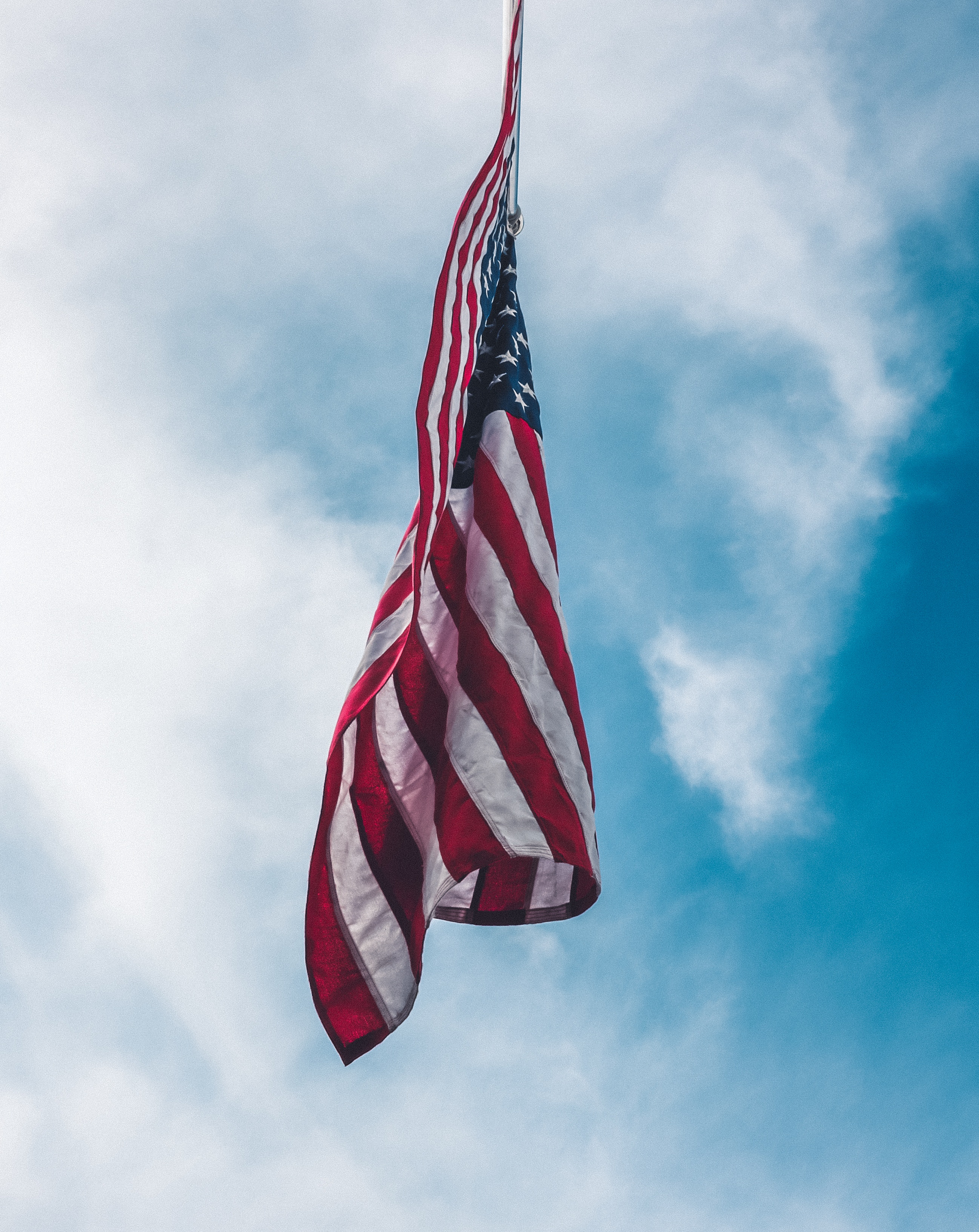Labor Day signifies various things for many in the United States of America: a long holiday weekend, a barbeque by the pool, the unofficial end of summer, the start of a new school year, and discounts at our favorite stores. Nevertheless, Labor Day honors the American Labor Movement. A movement filled with complex and unique struggles that have influenced the world in countless ways but has distinctively American roots. Perhaps ones we have all misguidedly forgotten.
signifies various things for many in the United States of America: a long holiday weekend, a barbeque by the pool, the unofficial end of summer, the start of a new school year, and discounts at our favorite stores. Nevertheless, Labor Day honors the American Labor Movement. A movement filled with complex and unique struggles that have influenced the world in countless ways but has distinctively American roots. Perhaps ones we have all misguidedly forgotten.
It honors those individuals who came before us and fought for safe working conditions, employees’ rights, 40-hour work week, 8-hour work day, 5-day work week, and an end to child labor. It is a testament to the social and economic success of the American worker. For many in the US, those issues seem to belong to another world and another era. If we pause and reflect we can see that these feats were not easy to attain and that many sacrificed their lives for the betterment of us all. Some may even counter that we have regressed, as Americans work notoriously long hours vis-à-vis their European counterparts, are less inclined to use vacation time and are connected around the clock due to technological advances. Let us briefly consider the history of this day. 
A Thumbnail History of Labor Day
Labor Day, the first Monday in September, was federally recognized in 1894 as a national holiday. Linked inextricably to union activists who demonstrated in New York City in September 1882 and Chicago’s Haymarket Affair of May in 1886 that ended in horror when dozens of people died in the ensuing chaos.
In the following decade, activists, unions, and politicians deliberated when to commemorate the labor movement officially. Many organizers wanted to recognize a day in September since it is halfway between Independence Day and Thanksgiving. Moreover, after socialists and unionists proclaimed May 1, an ancient European Spring festival, as International Workers’ Day political leaders decided it was best to celebrate in September, hence Labor Day’s placement in the calendar.
Scholars differentiate between May Day and Labor Day as the former demands less work and more pay and the latter demands dignity of work, but perhaps it is best if we look at them as two sides of the same coin.
Wherever one finds themselves this first Monday in September, take a moment to reflect on its storied origins.
About CAI
Cultural Awareness International, Inc. (CAI) has close to three decades of remarkable history working with HR and Business Leaders to create unique, personalized solutions that develop their employee talent to perform skillfully in the global marketplace. A woman and minority, privately owned and operated company, we holistically address organizational needs for global competency development, diversity and inclusion training, intercultural communication and global leadership with flexibility and innovation. Additionally, we provide comprehensive destination services that assist both assignees and their families in relocating to a new home and settling into their new community. Our experience collaborating with global companies across all industries and scope gives us invaluable insight to anticipate and address our clients’ needs. Our solutions target not only the needs of globally mobile individuals and their families but also that of teams and senior leadership. CAI’s expertise, creativity, and agility deliver the best sustainable solutions to hone and enhance the skills of your globally mobile talent. Find out more here.

